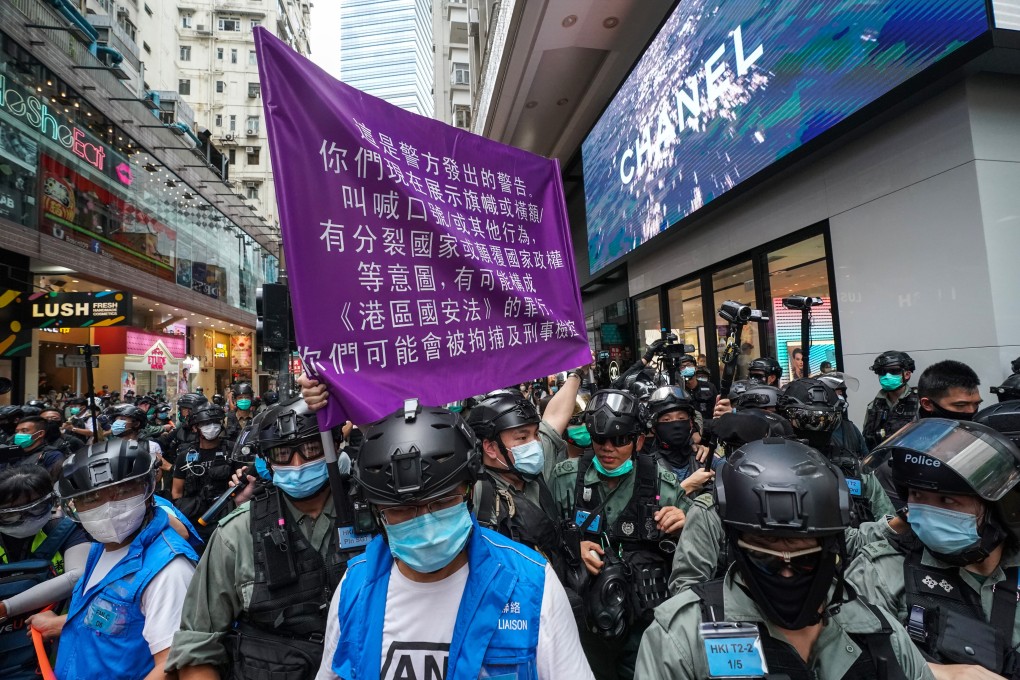Advertisement
Letters | National security law: Hong Kong joins roll call of authoritarian regimes
- Modern-day despotic governments use the new era globalised media and social media to their advantage, instead of having to rely on violence and bloodshed
- Hong Kong is witnessing the noose tighten on its autonomy and heading towards shades of autocracy that Singaporeans are familiar with
Reading Time:2 minutes
Why you can trust SCMP

Authoritarian dictators and fear-based rule have existed since time immemorial, judging by what history asserts.
Advertisement
The totalitarian tyrannies of Adolf Hitler, Joseph Stalin, Pol Pot and other such dictators relied fundamentally on mass terror and the principle of indoctrination. Spain’s Francisco Franco and Chile’s Augusto Pinochet also used considerable violence to stay in power through intimidation. Dictators such as Mobutu Sese Seko, Anastazio Somoza, Jean-Bedel Bokassa and the Duvaliers relied on bloodshed and fear to sustain their rule.
Despite history detailing the oppression by such tyrannical rulers, despotic regimes continue to exist. These present-day governments, however, use globalised media and social media to their advantage instead of violence and bloodshed. They simulate democracies, hold elections they are sure to win, and opt to censor or buy out the press rather than abolish it.
In recent years, the world has reeled under the rise of autocratic leaders: Donald Trump in the United States, Viktor Orban in Hungary, Matteo Salvini in Italy, Recep Tayyip Erdogan in Turkey, Vladimir Putin in Russia, Nicolas Maduro in Venezuela, Rodrigo Duterte in the Philippines and Narendra Modi in India, the latter with his virulent agenda of nationalism and xenophobia.
Hong Kong has been recently initiated into overt, flagrant authoritarianism. It is witnessing the symbolic noose tightening on its autonomy and is heading towards shades of autocracy that Singaporeans are familiar with.
Advertisement
In the contemporary world of economic interdependence and communications technology, these regimes rule based on tactically plied “performance legitimacy” – by convincing the people of their perceived competence at securing prosperity and defending the state against external and internal threats.

Advertisement